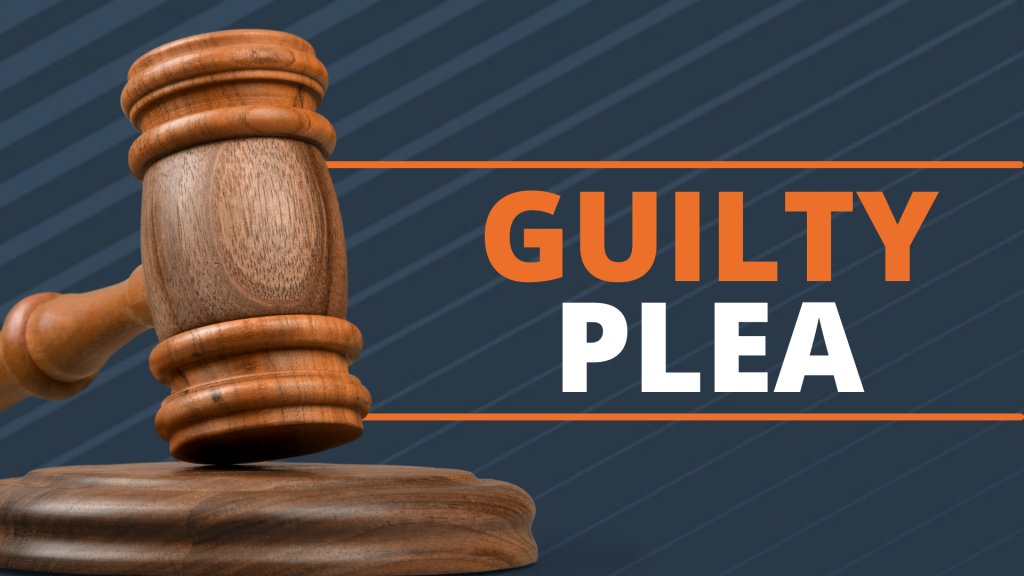
📌 THE TRIAL PROCESS IN KENYA - TAKING PLEA 📌
A criminal case usually starts with a complaint at the police station and investigation leading to an arrest.
A decision to charge is made and the arrested person is then charged with an offence .. ~a Thread ~..
#CollinsOgutuLaw
A criminal case usually starts with a complaint at the police station and investigation leading to an arrest.
A decision to charge is made and the arrested person is then charged with an offence .. ~a Thread ~..
#CollinsOgutuLaw

After the Prosecution arrives at a decision to charge, the accused person will be brought before a Criminal Court 

The Office of the Director of Public Prosecution (ODPP) has developed policy documents to enhance accountability, transparency and consistency. One such document is ‘The Decision to Charge Guidelines (DTC)'. 

An accused person ought to be produced in court within twenty four (24) hours of being arrested, unless the 24 hours fall on a day
when courts are not in session.
when courts are not in session.

The Trial process in Criminal Courts start by Plea Taking.
The Court reads out the charges against the accused; who will be required to respond by;
👉🏾Pleading Not Guilty
👉🏾Pleading Guilty
👉🏾Refusing to Plead
👉🏾Challenging the Charge
The Court reads out the charges against the accused; who will be required to respond by;
👉🏾Pleading Not Guilty
👉🏾Pleading Guilty
👉🏾Refusing to Plead
👉🏾Challenging the Charge

If the accused person agrees to the charges a plea of ‘Guilty’ is entered against him and the court proceeds to convict and pass its
sentence.
sentence.

If the accused person denies the charges, a plea of ‘Not Guilty’ is entered, and the court proceeds to set bail terms for the accused
person.
person.

-Fitness to Stand Trial-
However in certain charges (e.g. murder) the accused person will not take plea until his sanity is proven.
However in certain charges (e.g. murder) the accused person will not take plea until his sanity is proven.

📌 This is a guide for general informational purposes only and does not constitute legal advice 📌
Do you have questions? Email collinsogutulaw@gmail.com for help.
#CollinsOgutuLaw #KenyanLawyer #WakiliOgutu #Law #CriminalLaw
Do you have questions? Email collinsogutulaw@gmail.com for help.
#CollinsOgutuLaw #KenyanLawyer #WakiliOgutu #Law #CriminalLaw
• • •
Missing some Tweet in this thread? You can try to
force a refresh



